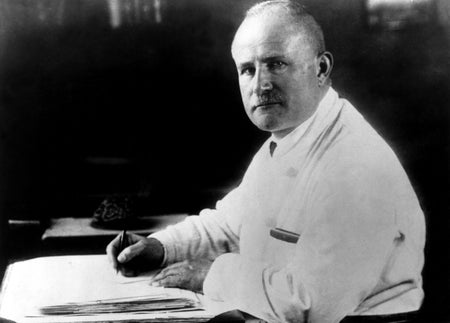
The Forgotten History of the Discovery of Human Brainwaves
The centennial of the discovery of brain waves in humans exposes a chilling tale involving Nazis, war between Russia and Ukraine, suicide and the vicissitudes of history
R. Douglas Fields an adjunct professor in the University of Maryland, College Park’s Neuroscience and Cognitive Science Program. He is the author of the award-winning books Electric Brain and The Other Brain.

The Forgotten History of the Discovery of Human Brainwaves
The centennial of the discovery of brain waves in humans exposes a chilling tale involving Nazis, war between Russia and Ukraine, suicide and the vicissitudes of history

A Random Influx of DNA from a Virus Helped Vertebrates Become So Stunningly Successful
Insertion of genetic material from a virus into the genome of a vertebrate ancestor enabled the lightning-quick electrical impulses that give animals with backbones their smarts

Neuroscience and Psychology Suggest No Surprise Victory for Trump This Time
His inflammatory appeals are less likely to activate the same decision-making circuits as in 2016
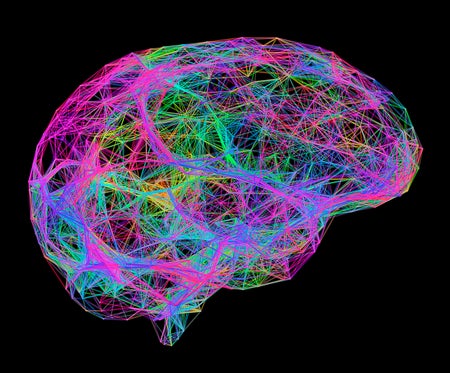
Mind Reading and Mind Control Technologies Are Coming
We need to figure out the ethical implications before they arrive
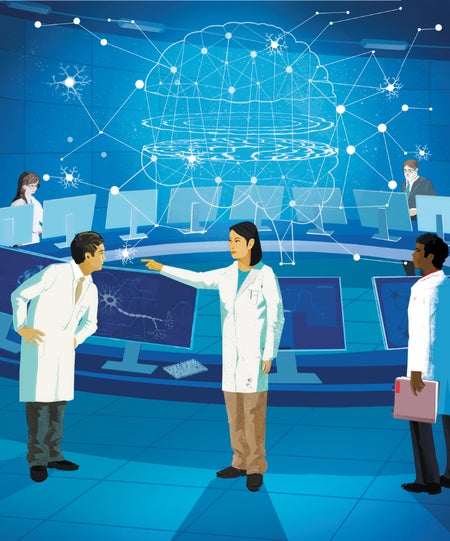
The Brain Learns in Unexpected Ways
White matter, the insulation around our neural wiring, plays a critical role in acquiring knowledge
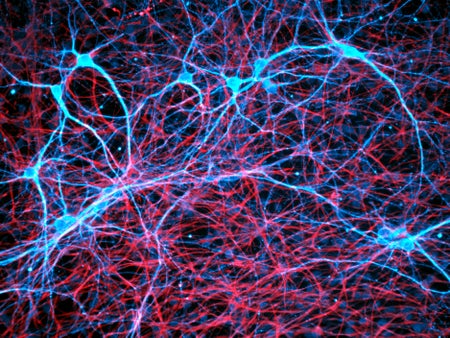
Deeper Insights Emerge into How Memories Form
Forming lasting memories appears to depend on an interaction between glial cells and brain waves that are produced during sleep
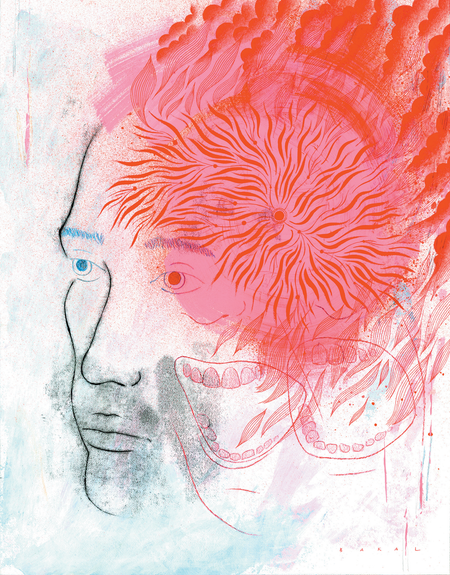
The Roots of Human Aggression
Experiments in humans and animals have started to identify how violent behaviors begin in the brain

The Cuban "Sonic Attack" and Journalistic Ethics
A session at a recent scientific meeting exposed the dangers not of mythical high-tech weapons but of the heedless rush to sensationalize

Humans Are Still Mating with Neandertals
A Valentine’s Day meditation on why bright women sometimes gravitate to not-so-bright men

How Scientific American Helps Shape the English Language
The magazine is more widely cited than the Bible by the Oxford English Dictionary
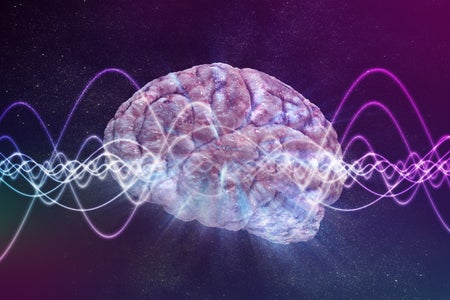
Do Brain Waves Conduct Neural Activity Like a Symphony?
A dispute at a big neuroscience meeting erupts over whether the field needs new thinking about the way clusters of neurons process information

A Gunman's Regret
Science can help society grapple with the horrors of modern gun violence

Wristband Lets the Brain Control a Computer with a Thought and a Twitch
An electronic bracelet is being readied for mental control of computers, prosthetics and other devices—all without the need to drill a hole in your head

“Sonic Weapon Attacks” on U.S. Embassy Don’t Add Up—for Anyone
Cuban scientists and a new American report both shoot down a list of bizarre theories

Beyond the Cuckoo’s Nest: The Quest for Why Shock Therapy Can Work
Nearly 90 years old, electroconvulsive therapy can rescue some people, but not others, from depression, bipolar and other mental disorders

Link between Adolescent Pot Smoking and Psychosis Strengthens
Research presented at a Berlin psychiatric conference shows teenage cannabis use hastens onset of schizophrenia in vulnerable individuals

Survivors of the Gas Attack in Syria Face Long-Term Illness
Sarin's lethality is well known, but the lingering effects on victims who don't succumb are less familiar
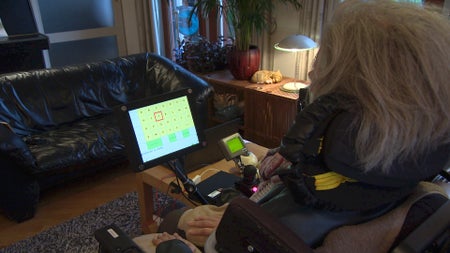
Wireless Brain Implant Allows “Locked-In” Woman to Communicate
Experts call the technology a “significant achievement,” but critics say the risks may not be justified
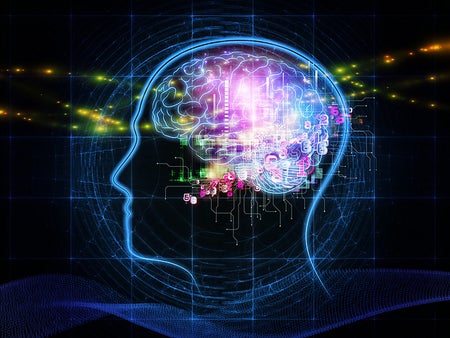
Trump's Victory and the Neuroscience of Rage
To understand this election you must understand the brain’s threat detection mechanism

9/11's Most Innocent Victims
Maternal stress in the wake of the attacks might have led to selective miscarriage of male fetuses
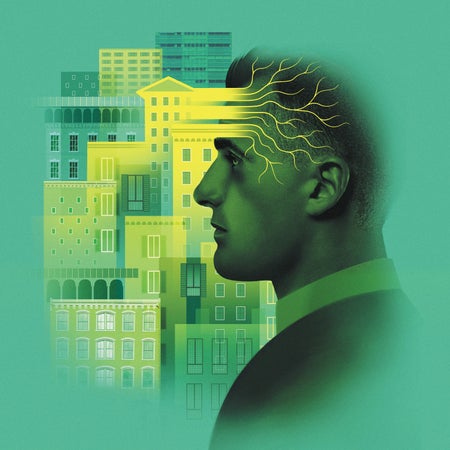
Learning When No One Is Watching
We gain most of our knowledge without any instruction. Now science is unraveling how our brain pulls off this everyday miracle
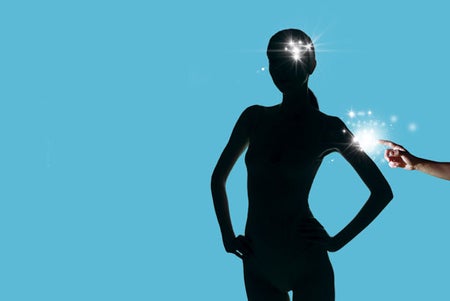
Obscure Nerve in the Head May Be Important to Arousal
Might a little-known cranial nerve be the route by which human pheromones turn us on?
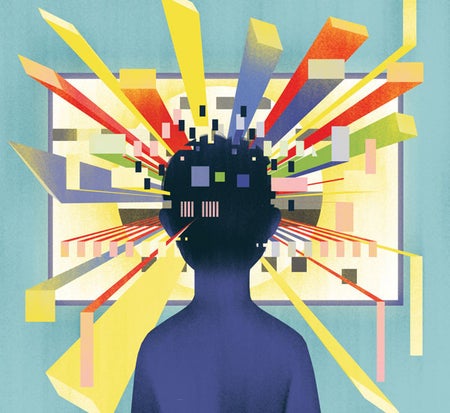
Does TV Rot Your Brain?
Scientists have linked TV viewing to antisocial behavior, lowered verbal IQ and altered brain structure—but a new study raises questions
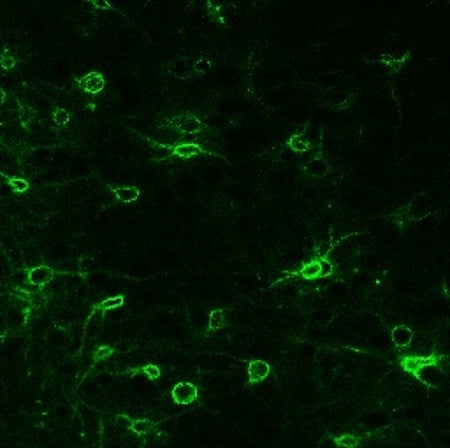
Why Binge Drinking May Wire the Brain for Alcohol Dependence
After surviving a series of benders, neural circuits get locked into a firing pattern that compels alcohol seeking